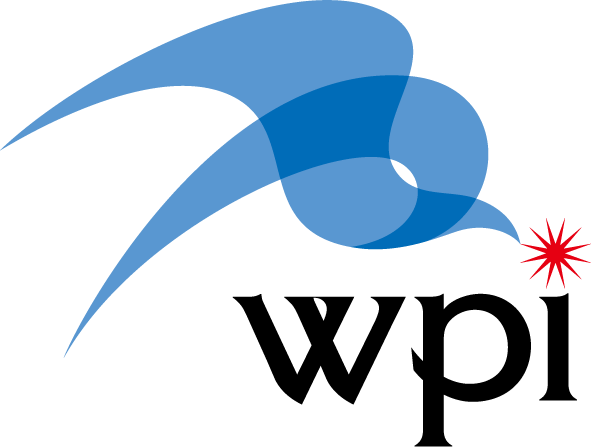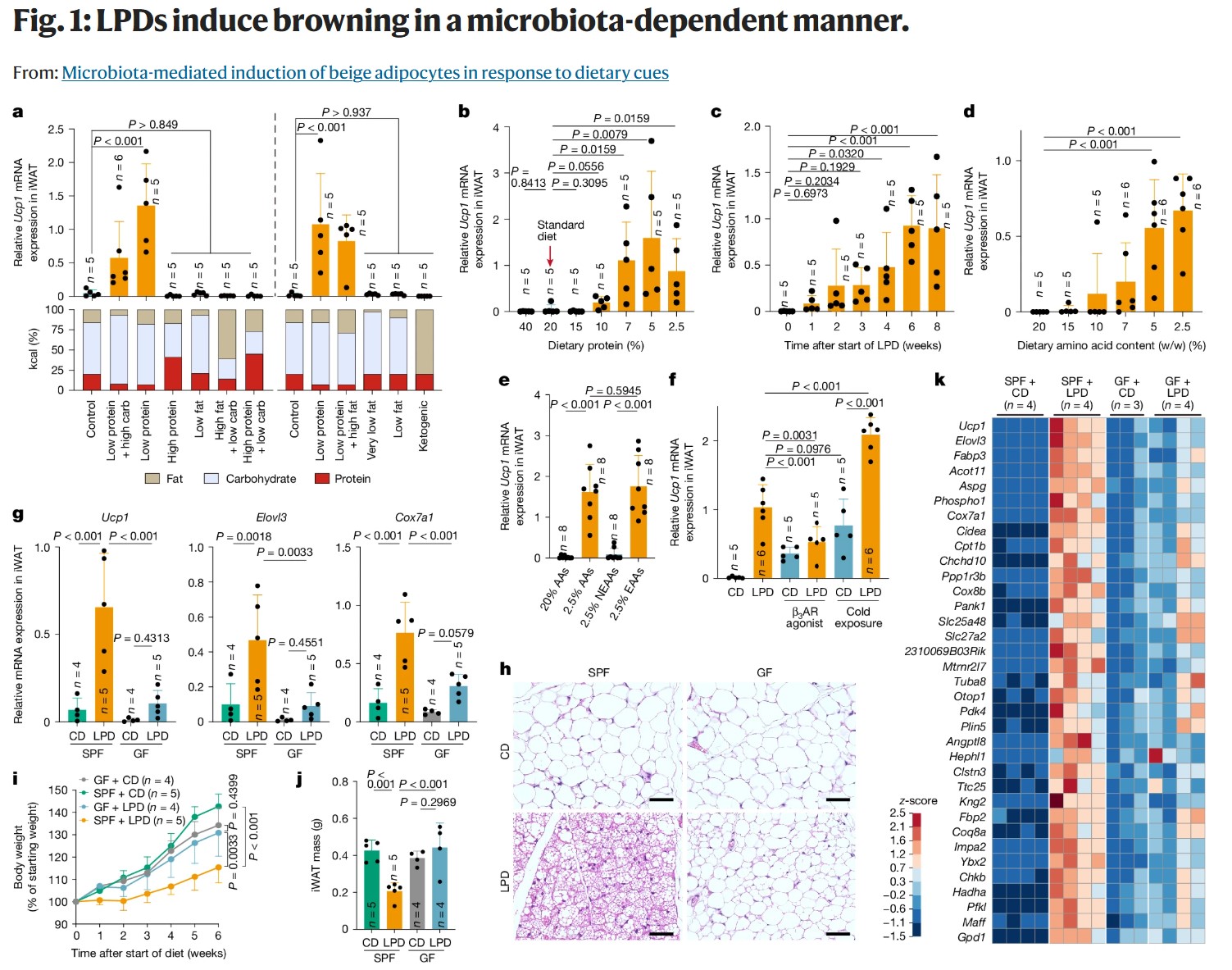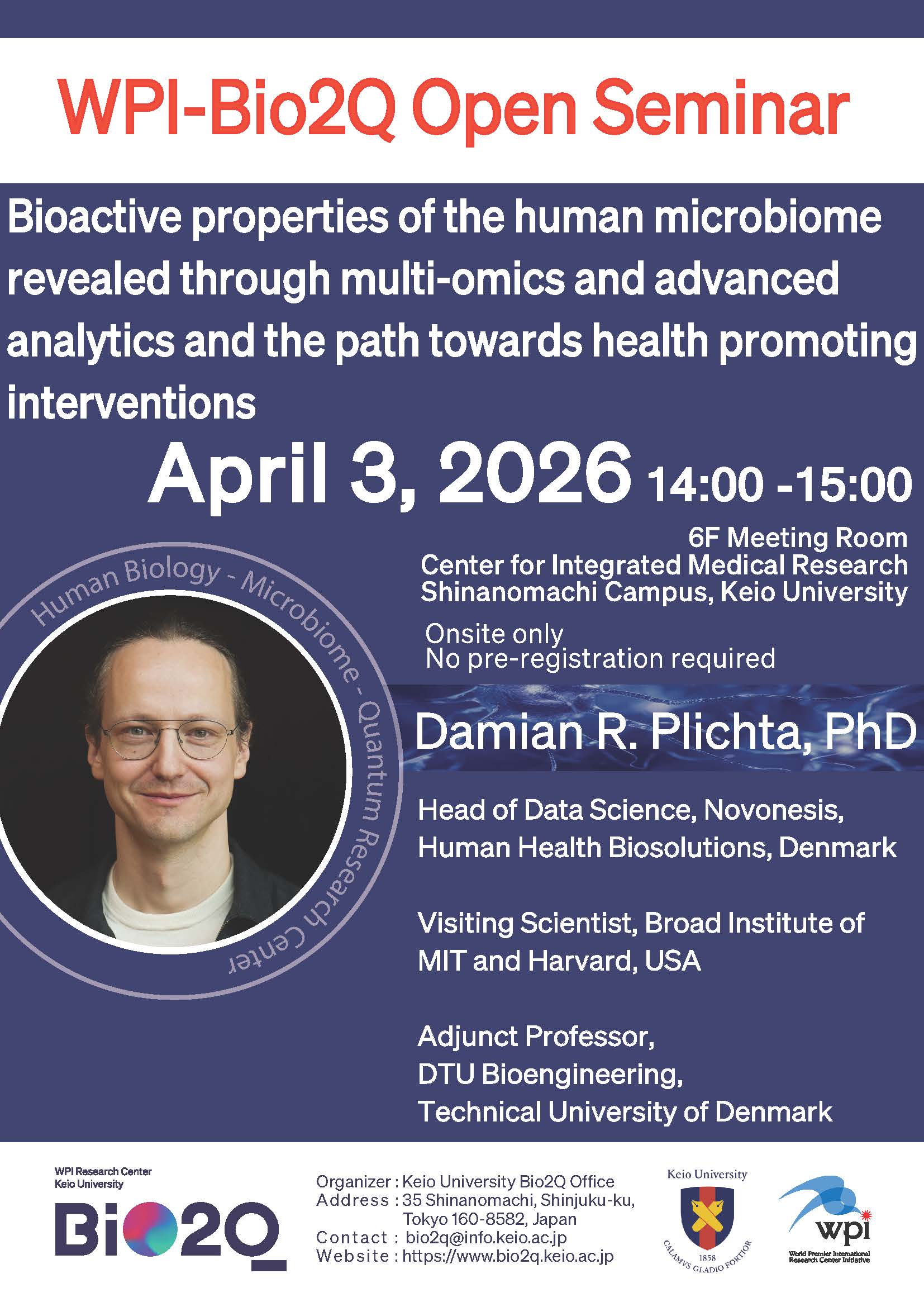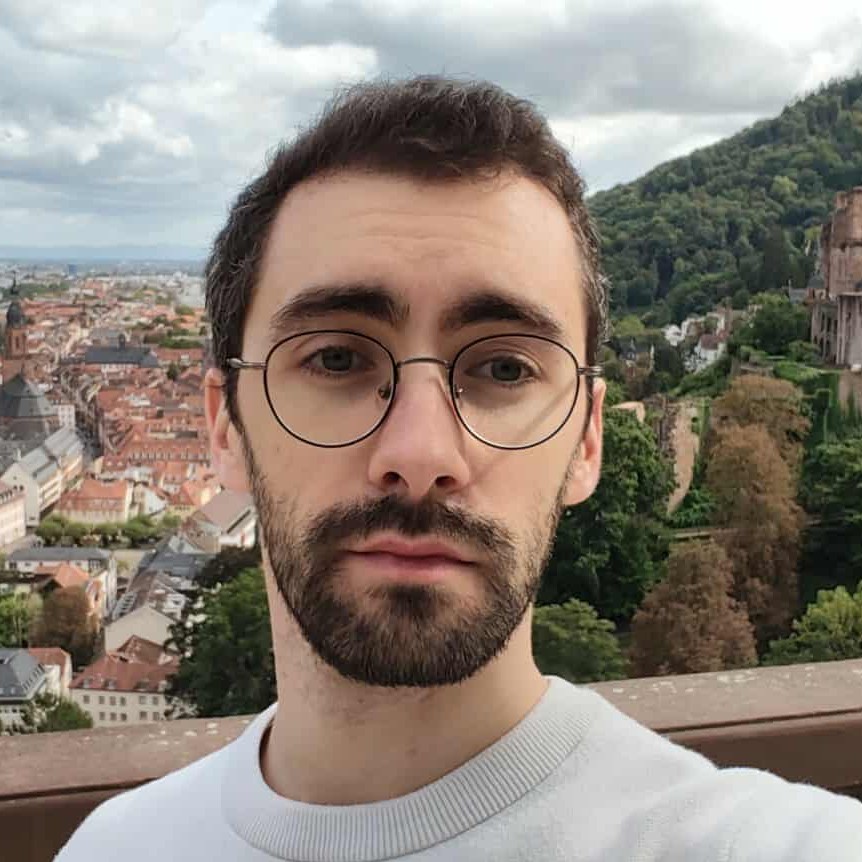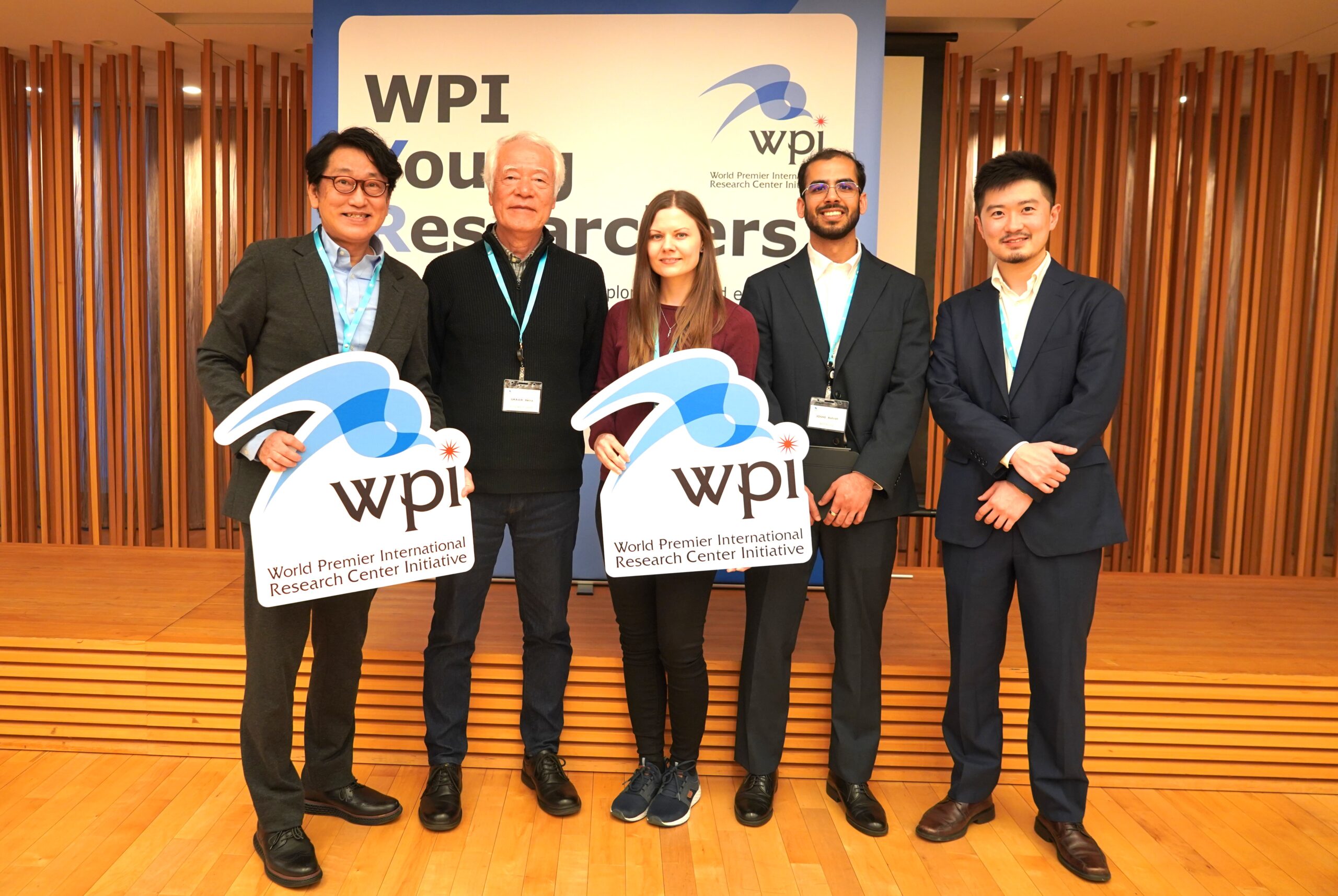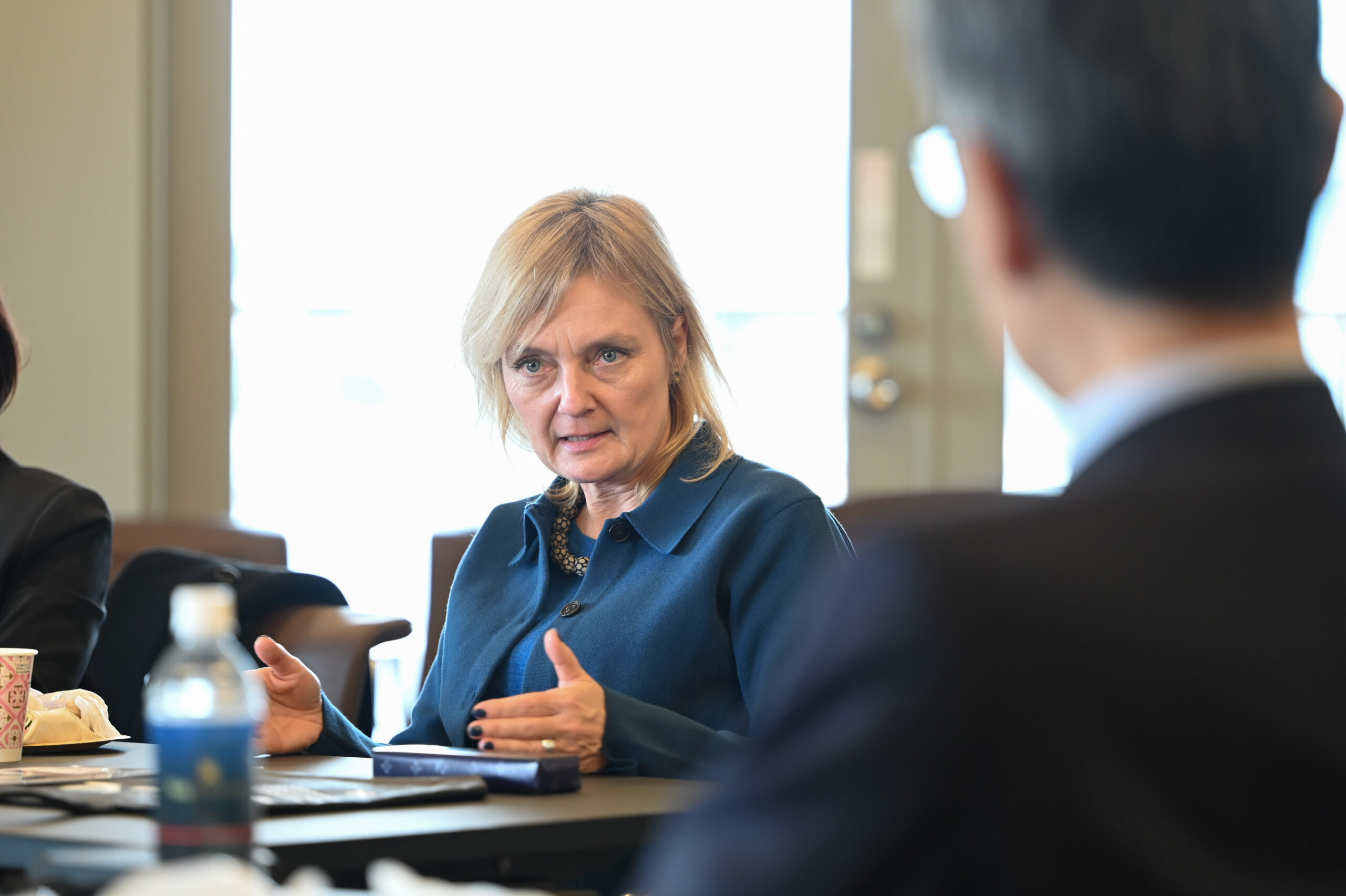EVENT
[Open Seminar] Sin-Hyeog Im, Ph.D.
October 17, 2024
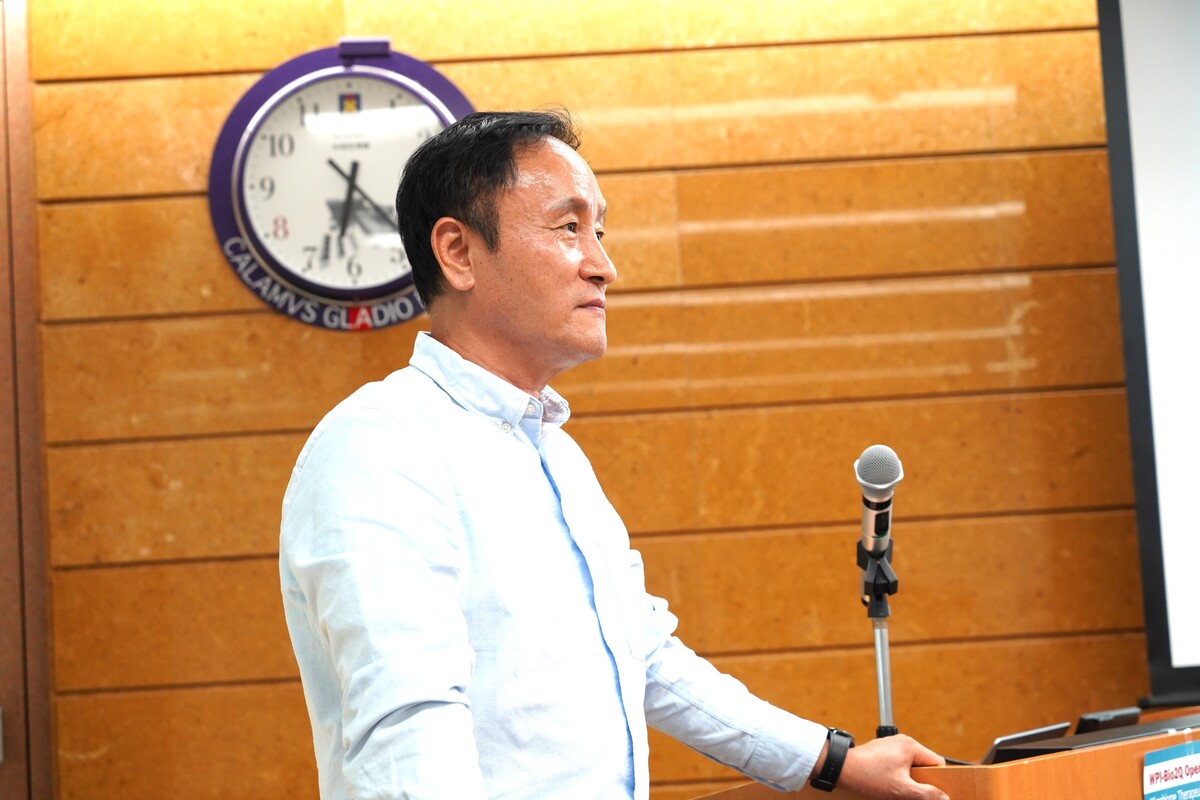
Dr. Sin-Hyeog Im
Credits: WPI-Bio2Q
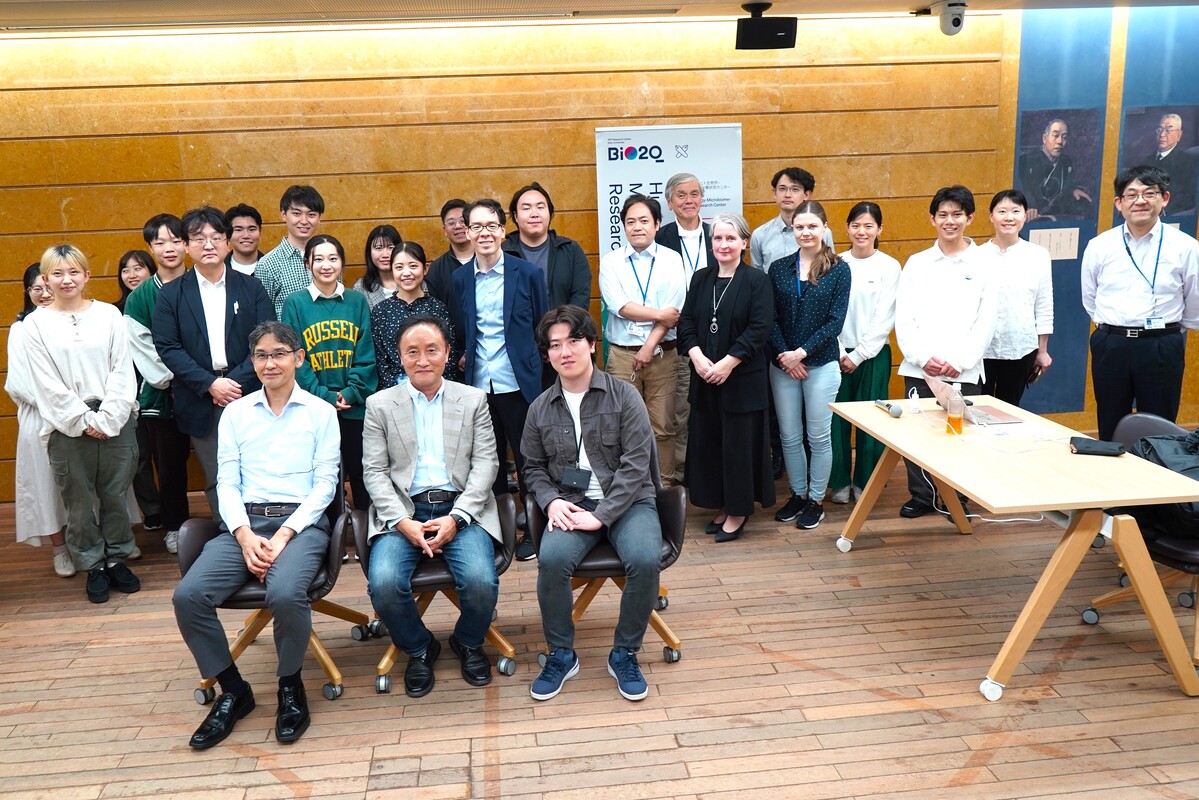
With seminar participants
Credits: WPI-Bio2Q
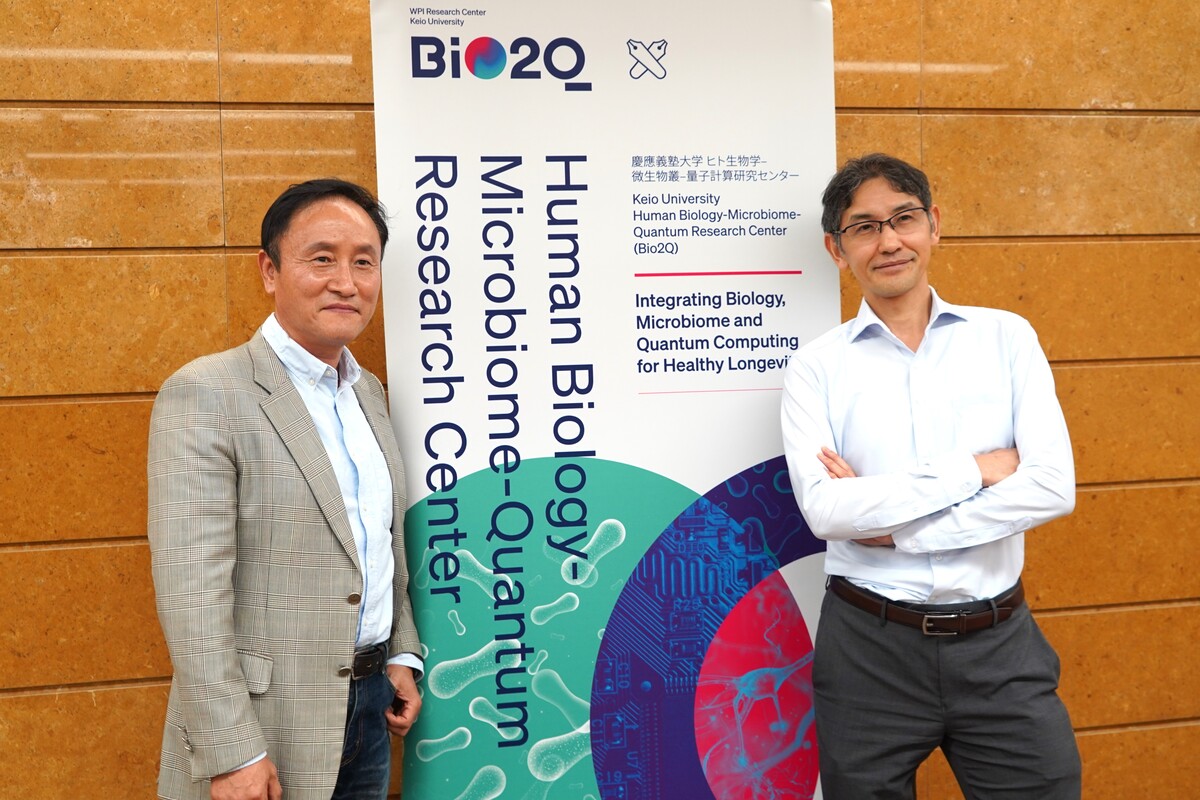
Dr. Sin-Hyeog Im (left) and Pro. Koji Hase (Affiliated PI, WPI-Bio2Q, right)
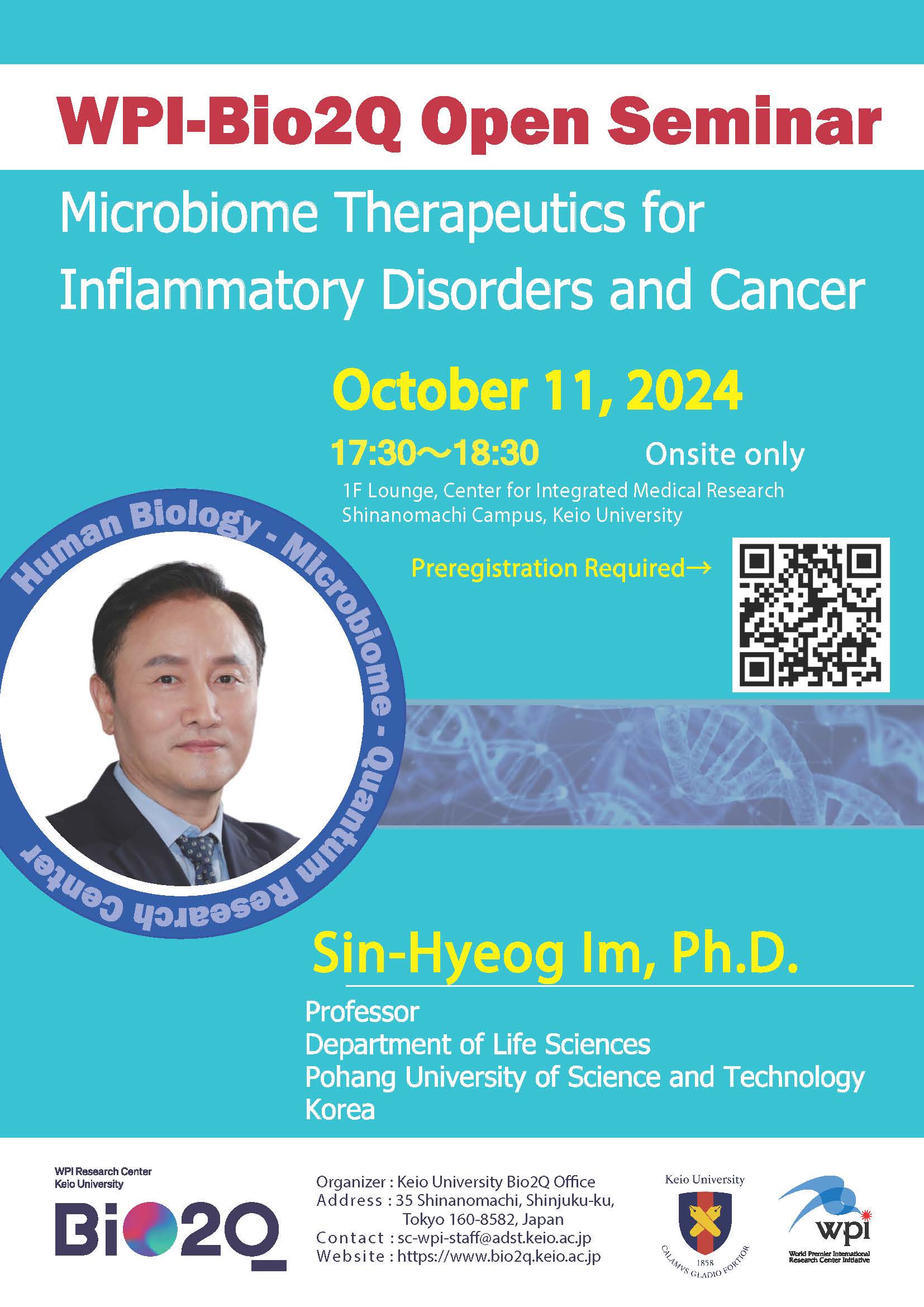
Credits: WPI-Bio2Q
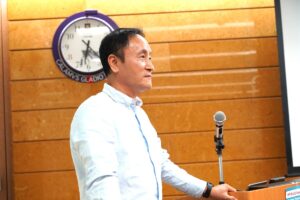
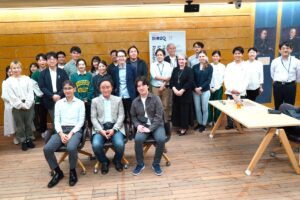
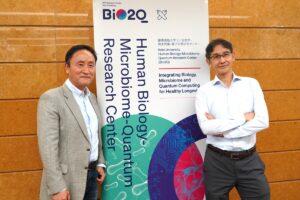
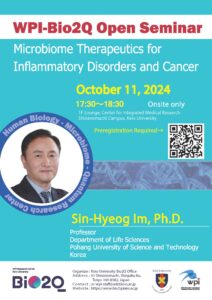




Keio University Human Biology-Microbiome-Quantum Research Center (WPI-Bio2Q) held an open seminar as follows:
| Date & Time | Friday, October 11, 2024, 17:30 -18:30 | |
|---|---|---|
| Venue | 1F Lounge, Center for Integrated Medical Research, Shinanomachi Campus, Keio University <Onsite only> | |
| Title | Microbiome Therapeutics for Inflammatory Disorders and Cancer | |
| Speaker | Sin-Hyeog Im, Ph.D. Professor Department of Life Sciences, Pohang University of Science and Technology, Korea |
|
| Language | English | |
Poster (PDF)
Abstract
Microbiome Therapeutics for Inflammatory Disorders and Cancer
“Our immune system induces active immunity against diverse pathogens while suppressing destructive hyper-immune responses against innocuous antigens. This immune homeostasis is maintained by concerted crosstalk between genetic factors and environmental cues, including intestinal gut microbiota. Dysregulation of the commensal flora is closely linked to functional changes in the immune and neuronal systems. Subsequently, it contributes to the development of immune disorders (such as autoimmunity and allergies), neuronal disorders (depression, autism spectrum disorders), and metabolic syndromes. Moreover, altered gut microbiota affects differential responsiveness to immune checkpoint inhibitors targeting PDL1/PD-1 and CTLA4. The candidates of microbiome therapeutics include bioactive molecules derived from the microbiome (metabolites and cellular components) and the bug itself (live biotherapeutic products, LBP).
To identify anti-inflammatory and immune-stimulatory microorganisms, we have developed a platform screening system, AvatiomeTM, an innovative pre-clinical model system that mimics the human body’s immune system and microbiome. Avatiome ™ incorporates up-to-date technologies such as immunophenotyping, single-cell transcriptomics, and artificial intelligence (AI) systems to develop novel therapeutics targeting intractable neuronal, systemic inflammatory diseases and cancers. Through the screening system, we have identified immunostimulatory (IMB001) or immunoregulatory (IMB002) microorganisms and further defined the effector molecules that recapitulate the functionality of whole bacteria. I will discuss the current status of microbiome therapeutics and our work on identifying IMB002 and IMB001, which show anti-inflammatory and anti-cancer activities, respectively. Moreover, I will also discuss the underlying mechanism of action of the effector molecules in the diverse pre-clinical models and potential therapeutic applications.”
Selected papers related to the lecture
- Cell surface polysaccharides of Bifidobacterium bifidum induce Foxp3+ regulatory T cells. Science Immunology. 2018 Oct 19;3(28). pii: eaat6975. doi: 10.1126/sciimmunol.aat6975.
- Intestinal Microbiota Controls Acute Kidney Injury Severity by Immune Modulation. Kidney Int. 2020: S0085-2538(20)30553-6
- Probiotics-derived metabolite ameliorates skin allergy by promoting differentiation of FOXP3+ regulatory T cells. J Allergy Clin Immunol 2021. 147 (4), 1517-1521
- Structural specificities of cell surface β-glucan polysaccharides determine commensal yeast-mediated immuno-modulatory activities. Nature Communications. 2021. June 14; 12(1):3611
- A dietary commensal microbe enhances anti-tumor immunity by activating tumor macrophages to sequester iron. Nature Immunology. 2024 May;25(5):790-801
More Bio2Q News
[Publication] Microbiota-mediated Induction of Beige Adipocytes in Response to D...
A research group led by Bio2Q Center Director Professor Kenya Honda has revealed how a low-protein diet induces energy-burning beige adipocy...
【4/3 Seminar】WPI-Bio2Q Open Seminar: Damian R. Plichta, PhD
Keio University Human Biology-Microbiome-Quantum Research Center (WPI-Bio2Q) will hold a seminar as follows. This is an event for faculty, ...
New Member - Dr. Leonard Dubois
Introducing new member of Bio2Q We are excited to welcome Dr. Leonard Dubois as a Postdoctoral Fellow at Bio-1 Core of Bio2Q. "Hello, I ...
【Event Report】WPI Young Researchers Forum
Keio University Human Biology-Microbiome-Quantum Research Center (WPI-Bio2Q) participated in the WPI Young Researchers Forum. WPI Young R...
Engaging Discussion on Cutting-Edge Research with Dr. Magdalena Skipper, Editor-...
On February 20, Dr. Magdalena Skipper, Editor-in-Chief of the prestigious scientific journal Nature, visited CRIK Shinanomachi together wit...

